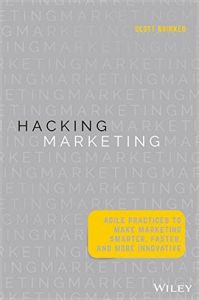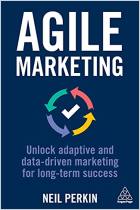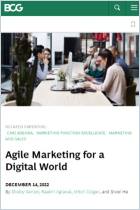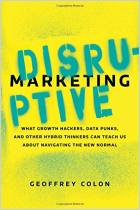
Recommendation
Today’s marketing professionals encounter the same challenges software developers struggled with for years: constant change, rapidly evolving technology and increasing complexity. By necessity, software engineers have become “hackers,” shedding prior conventions to tackle problems and devising solutions through invention and innovation. Digital marketer Scott Brinker makes the case that today’s marketers must co-opt the hacker spirit, and adopt agile and lean management practices to succeed with marketing in the digital environment. The scope of his manual is ambitious and encompasses management practices, innovation, testing, scalability, and more. Throughout, he supports his main theme: Hacking marketing is about adapting successful software development and management processes to modern marketing. Current digital marketers, digital marketers-to-be and those who are simply interested in understanding the profession will readily grasp Brinker’s hybrid software-marketing framework.
Summary
About the Author
Scott Brinker, editor of the Chief Marketing Technologist blog, co-founded Ion Interactive, a marketing software firm.



















Comment on this summary